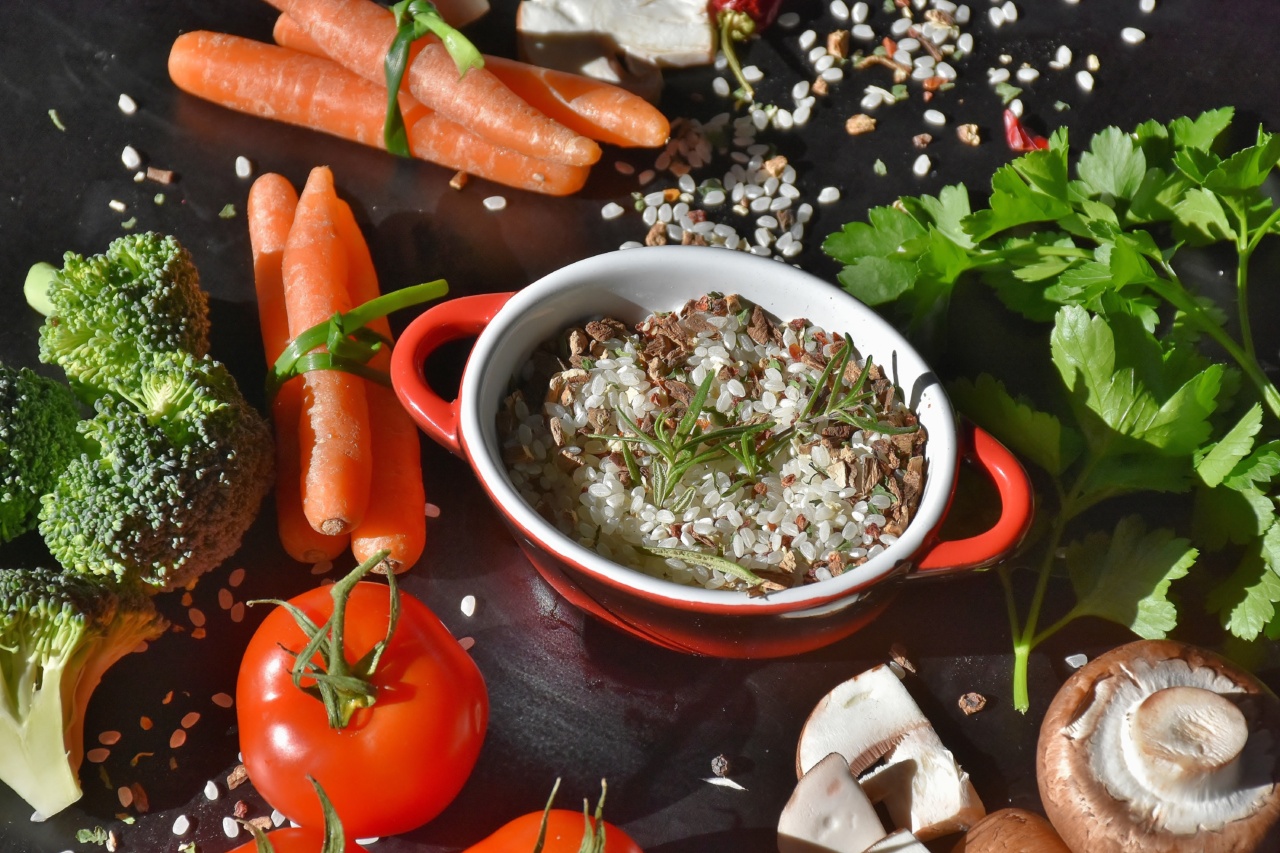Plant-based diets have gained popularity in recent years due to their numerous health benefits. Some of the benefits include reduced risks of chronic diseases such as diabetes, heart disease, obesity, and some types of cancer.
A plant-based diet consists of consuming food that is derived mainly from plants such as vegetables, fruits, whole grains, and legumes. Plant-based diets exclude food that is derived from animals such as meat, dairy, and eggs. However, it is still possible to enjoy meat-like taste and texture while consuming a plant-based diet by incorporating herb-based meat substitutes.
What are Herb-based Meat Substitutes?
Herb-based meat substitutes are plant-based alternatives that mimic the taste, texture, and appearance of meat. They are made from a variety of ingredients, including soy, wheat, peas, and mushrooms.
They are a healthier option compared to meat as they are lower in calories, saturated fats, and cholesterol. Additionally, herb-based meat substitutes are rich in proteins, vitamins, iron, and fiber, which are essential nutrients for the body.
The Benefits of Incorporating Herb-based Meat Substitutes in a Plant-based Diet
Incorporating herb-based meat substitutes in a plant-based diet has numerous benefits, including:.
1. Improved Nutritional Benefits
Herb-based meat substitutes are made from plant-based ingredients that are rich in essential nutrients such as proteins, vitamins, and fiber.
Including them in a plant-based diet provides the body with these essential nutrients, which are necessary for the proper functioning of the body.
2. Reduced Risk of Chronic Diseases
Plant-based diets are associated with a reduced risk of chronic diseases such as heart disease, diabetes, and some types of cancer.
By incorporating herb-based meat substitutes in a plant-based diet, one can enjoy the taste and texture of meat without risking the health issues associated with meat consumption.
3. Environmental Friendliness
The production of herb-based meat substitutes is environmentally friendly compared to the production of animal-based meat.
Herb-based meat substitutes require fewer resources such as water, land, and energy during production and do not contribute to greenhouse gas emissions.
4. Cost-effectiveness
Herb-based meat substitutes are less expensive compared to animal-based meat, making them a cost-effective option for individuals on a tight budget.
How to Incorporate Herb-based Meat Substitutes in a Plant-based Diet
There are numerous ways to incorporate herb-based meat substitutes in a plant-based diet. Some of the ways include:.
1. Substituting Meat
Herb-based meat substitutes can be used as a substitute for meat in various plant-based dishes such as curries, stews, and stir-fries. One can use herb-based meat substitutes in these dishes to add meat-like texture and taste without using actual meat.
2. Sandwiches and Burgers
Herb-based meat substitutes can be used to make burgers and sandwiches. One can use the substitutes in place of beef burgers or meat slices in sandwiches.
3. Toppings for Salads and Pizzas
Herb-based meat substitutes such as pepperoni and sausages can be used as a topping for salads and pizzas. They add flavor and texture to the dish.
The Best Herb-based Meat Substitutes to Consider
There are numerous herb-based meat substitutes in the market. However, the following are the best ones to consider:.
1. Tempeh
Tempeh is a fermented soybean product that is gluten-free and rich in protein. It has a dense texture and can be used as a substitute for meat in various dishes.
2. Tofu
Tofu is another soy-based product that is gluten-free and rich in protein. Tofu has a mild flavor and can be used as a substitute for meat in various dishes such as stews and stir-fries.
3. Seitan
Seitan is a wheat-based product that is gluten-rich and has a meat-like texture and flavor. It can be used as a substitute for beef, pork, or chicken in various dishes.
4. Jackfruit
Jackfruit is a fruit that has a meat-like texture. It can be used as a substitute for pulled pork or chicken in various dishes such as sandwiches and tacos.
5. Mushroom-based Meat Substitutes
Mushrooms such as portobello and shiitake have a meat-like texture and flavor. They can be used as a substitute for meat in various dishes such as burgers and stews.
Conclusion
Incorporating herb-based meat substitutes in a plant-based diet is an excellent way to enjoy meat-like taste and texture while still consuming a healthy and environmentally friendly diet.
Herb-based meat substitutes are rich in essential nutrients and have numerous health benefits such as reduced risks of chronic diseases. Therefore, individuals looking to adopt a plant-based diet should consider incorporating herb-based meat substitutes in their meals.































